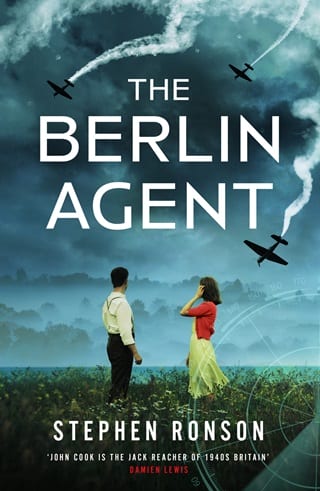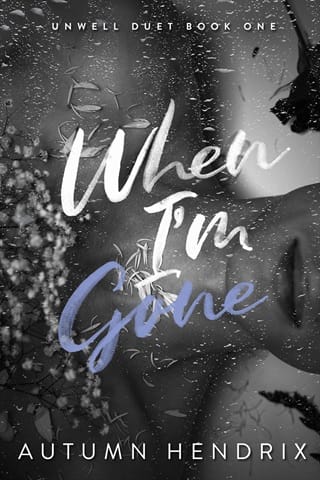23
I ran. Chest-height gorse tore at my arms, thick, inch-long spines shredding my shirtsleeves and drawing blood. Clumps of heather threatened to trip me at every step.
Another shot. Closer this time. No second shot. None needed, presumably. The silence in its place as worrying as the gunshot.
I left the trees behind and came out onto the open heath where I’d seen the artist, the Leckies’ house a distant shape on the horizon, right at the top of the hill. The artist was gone.
I ran, even though running wasn’t going to make a -difference.
I hurdled the back gate, into the Leckies’ back garden. Rows of vegetable beds. Raspberry canes in a netted enclosure. Curls of metal made from cut-up tin cans dangled from the trees – rudimentary bird scarers. Unnecessary at that moment. The birds had all been scared off by the shots.
Around the front, the house was as picturesque as the first time I’d seen it, a rural idyll, here at the top of the hill, an island in a sea of heathland, under the huge sky.
The front door was open. A rectangle of darkness.
The smell inside told the story. Cordite, blood, and the other smells you get when a human body is ripped apart by gunfire.
The door to the kitchen was ajar. I used my boot to nudge it open. Mrs Leckie was on the floor. The first shot had hit her in the sternum. It had taken her down, but hadn’t -finished her. She had a knife in her right hand. Fighting to the end. The second shot had finished her off.
Stan was in the snug. He’d died in his chair.
 Fullepub
Fullepub 



